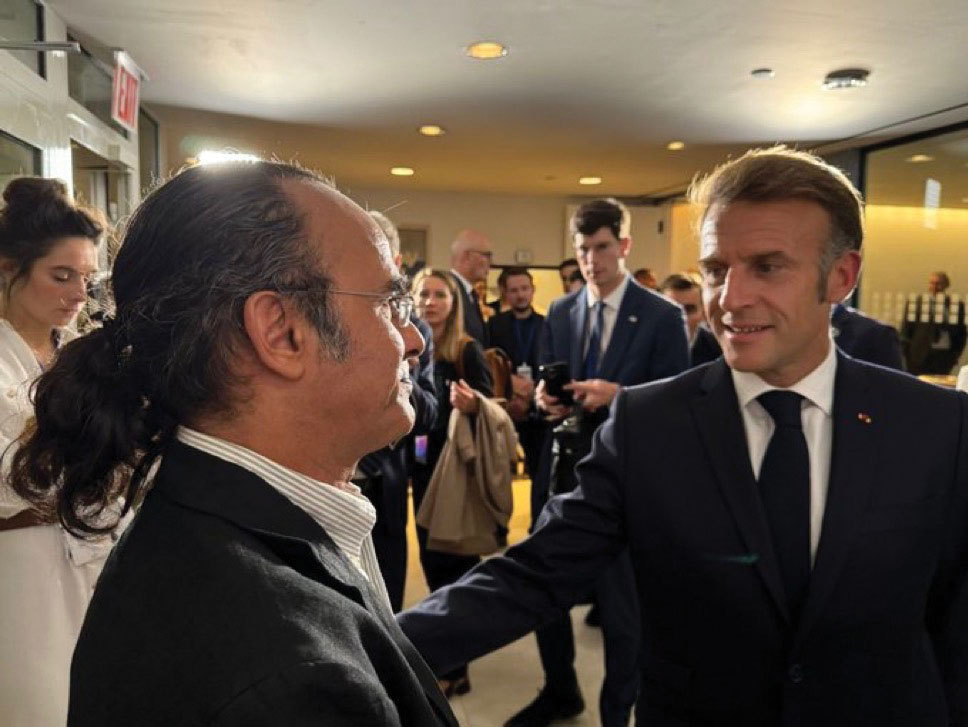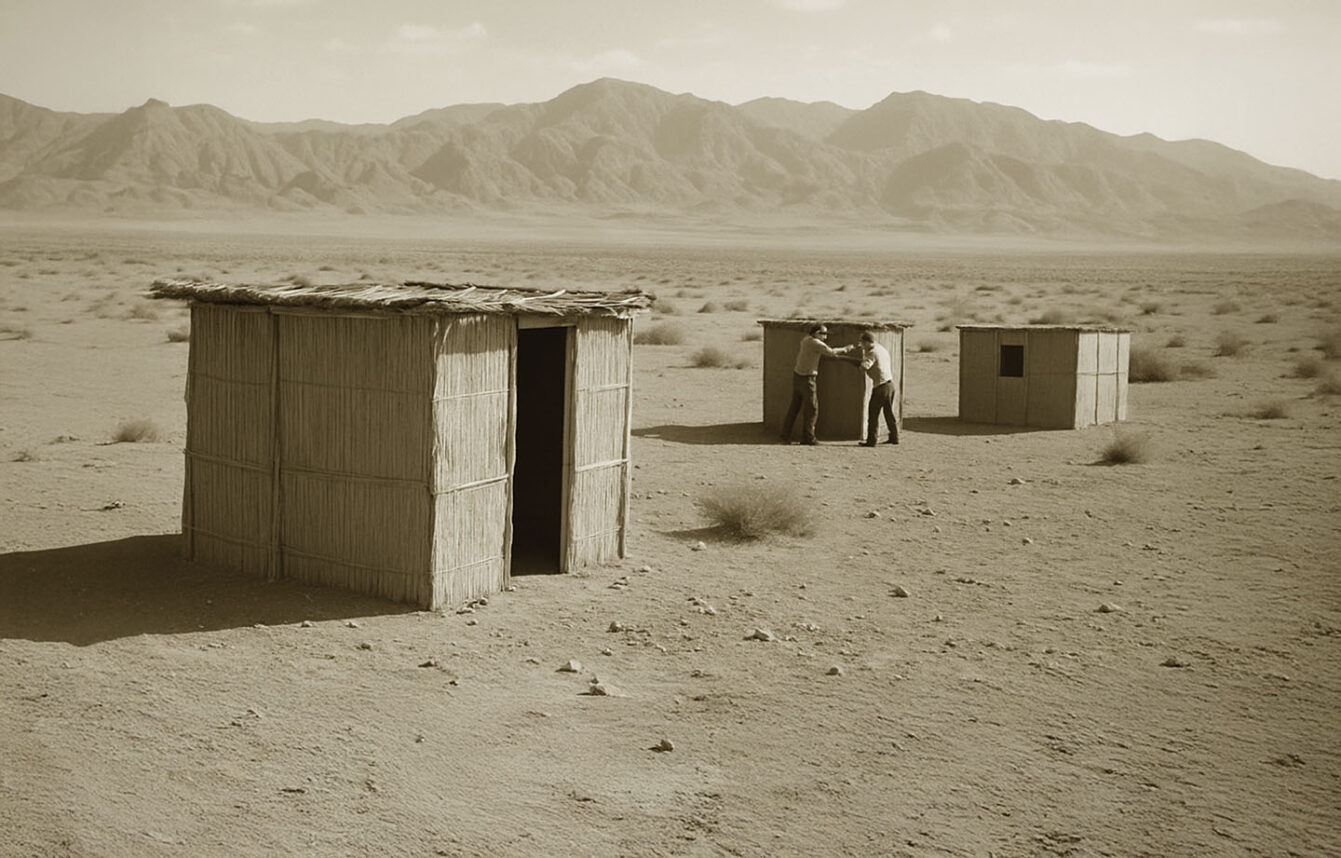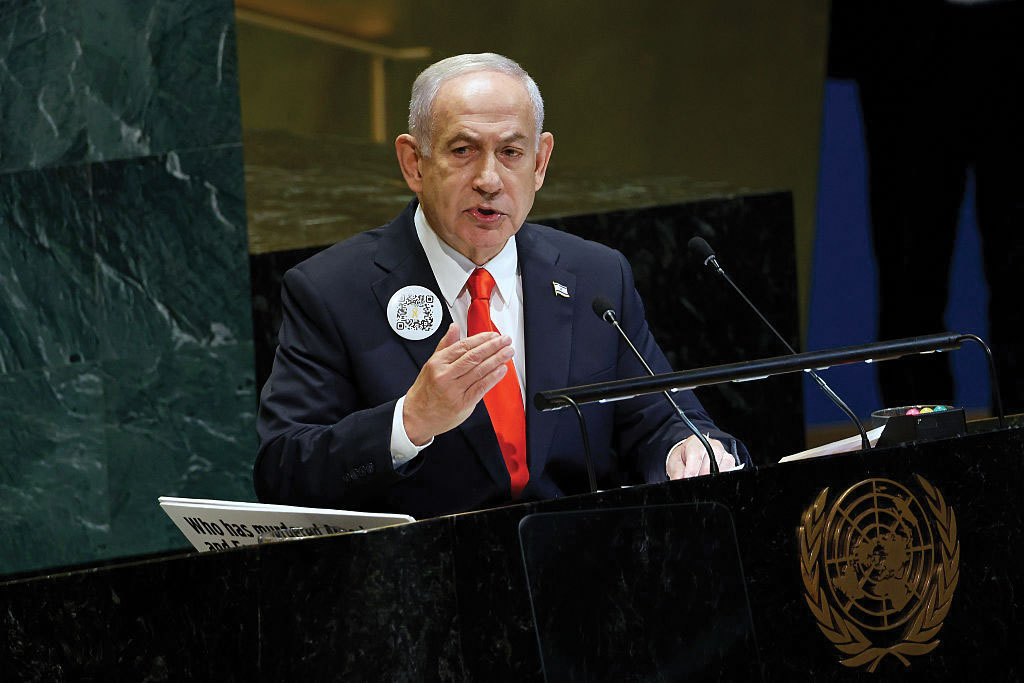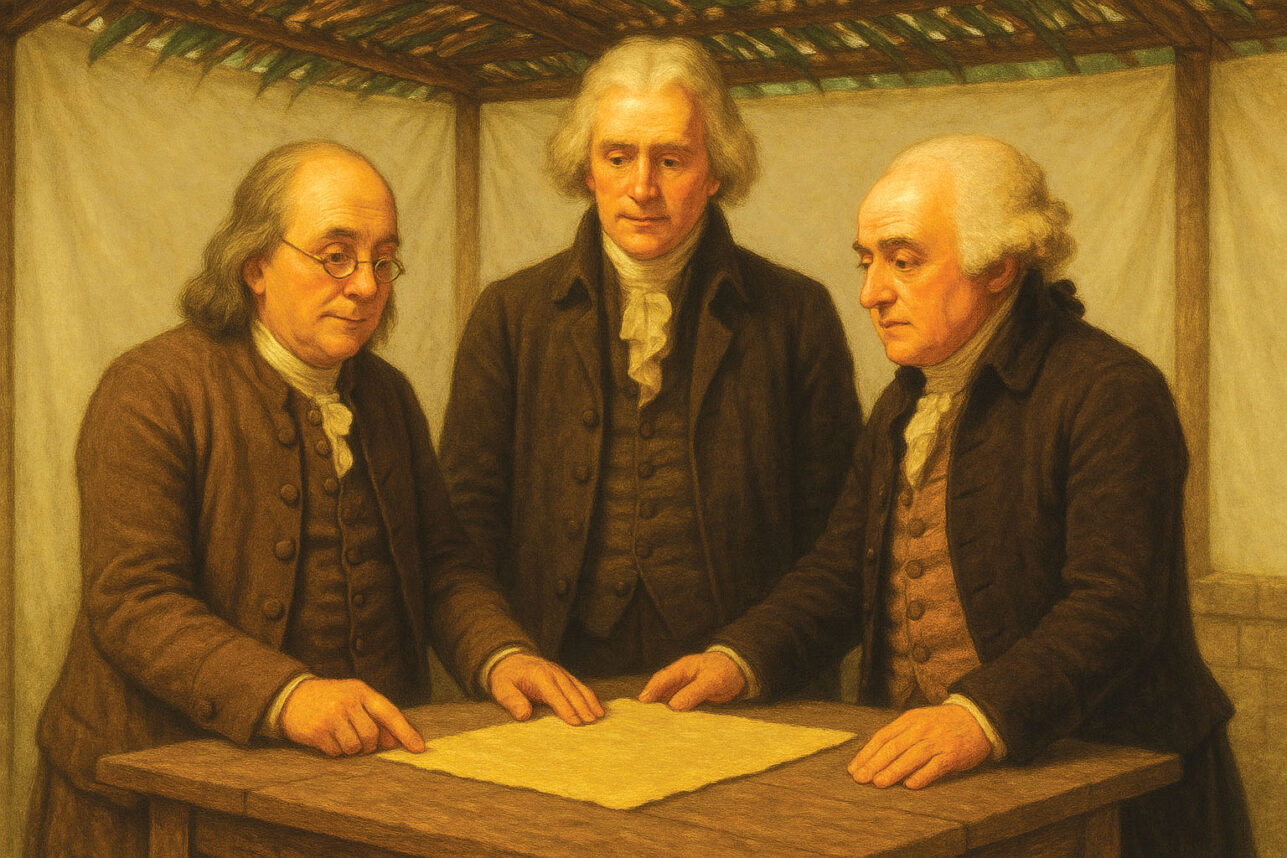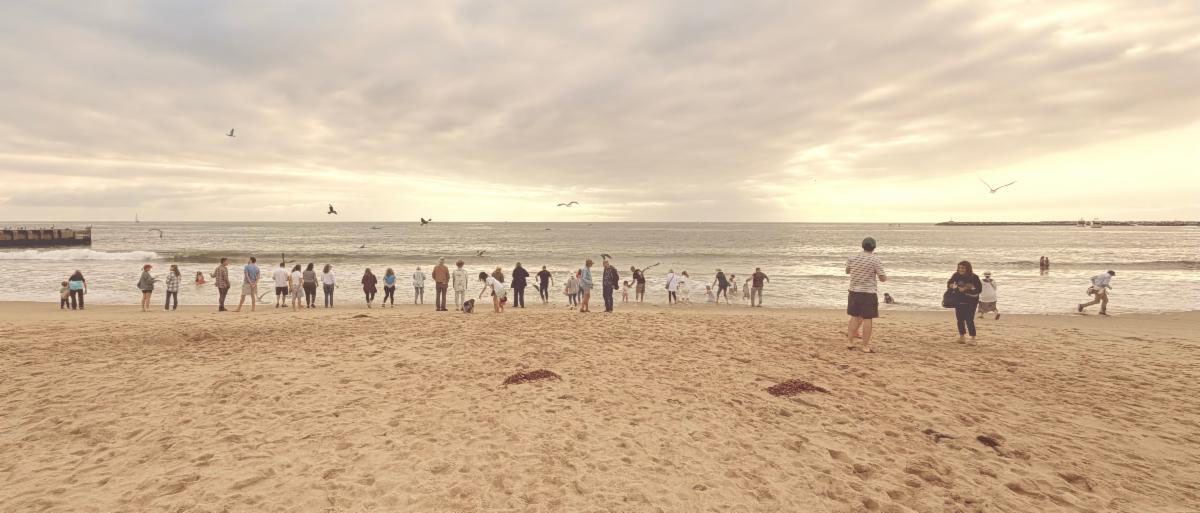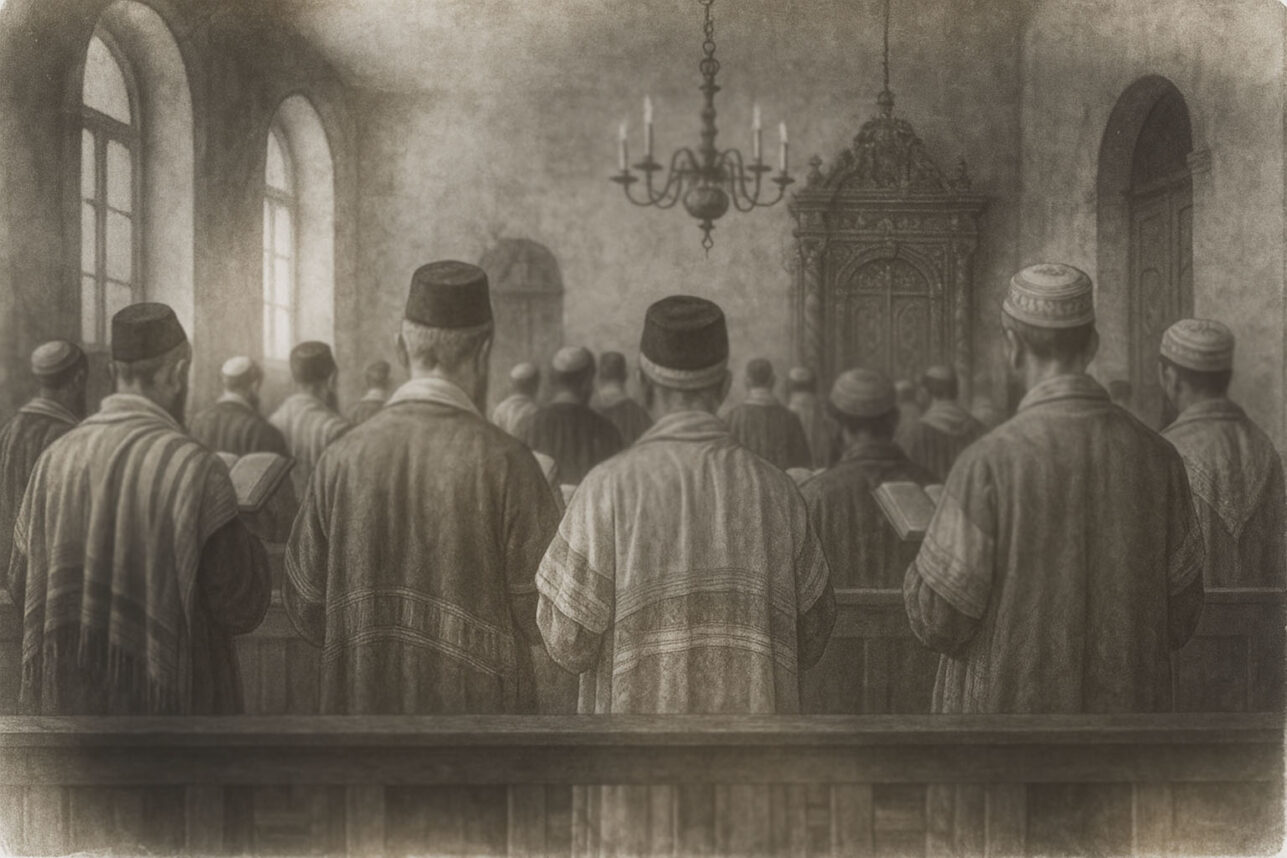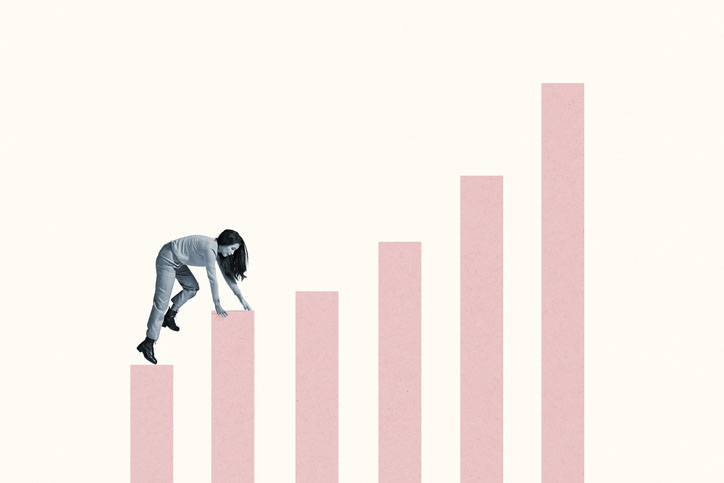A year after graduating college, I worked downtown in the immense shadows of the World Trade Center, and as part of my freewheeling, four-hour daily lunch break I would eat and drink my way past these two giants, up Broadway, down Fulton Street and over to the Strand Book Annex. In 1996, people still read books and the city could support an extra branch of the legendary Strand in the Financial District, which is to say that stockbrokers, secretaries, government functionaries — everybody back then was expected to have some kind of inner life.
In the previous year I had tried being a paralegal for a civil rights law firm but that did not work out well. The paralegaling involved a lot of detail, way more detail than a nervous young man with a ponytail, a small substance-abuse problem, and a hemp pin on his cardboard tie could handle. This was as close as I would ever come to fulfilling my parents’ dreams of my becoming a lawyer. Like most Soviet Jews, like most immigrants from Communist nations, my parents were deeply conservative, and they never thought much of the four years I had spent at my liberal alma mater, Oberlin College, studying Marxist politics and book-writing. On his first visit to Oberlin my father stood on a giant vagina painted in the middle of the quad by the campus lesbian, gay and bisexual organization, oblivious to the rising tide of hissing and camp around him, as he enumerated to me the differences between laser-jet and ink-jet printers, specifically the price points of the cartridges. If I’m not mistaken, he thought he was standing on a peach.
I graduated summa cum laude and this improved my profile with Mama and Papa, but when I spoke to them it was understood that I was still a disappointment. Because I was often sick and runny-nosed as a child (and as an adult) my father called me Soplyak, or Snotty. My mother was developing an interesting fusion of English and Russian and, all by herself, had worked out the term Failurchka, or Little Failure. That term made it from her lips into the overblown manuscript of a novel I was typing up in my spare time, one whose opening chapter was about to be rejected by the important writing program at the University of Iowa, letting me know that my parents weren’t the only ones to think that I was nothing.
[Read a Q&A with the author here]
Realizing that I was never going to amount to much, my mother, working her connections as only a Soviet Jewish mama can, got me a job as a “staff writer” at an immigrant resettlement agency downtown, which involved maybe thirty minutes of work per year, mostly proofing brochures teaching newly arrived Russians the wonders of deodorant, the dangers of AIDS, and the subtle satisfaction of not getting totally drunk at some American party.
In the meantime, the Russian members of our office team and I got totally drunk at some American party. Eventually we were all laid off, but before that happened I wrote and rewrote great chunks of my first novel and learned the Irish pleasures of matching gin martinis with steamed corned beef and slaw at the neighborhood dive, the name of which is, if I recall correctly, the Blarney Stone. I’d lie there on top of my office desk at 2:00 p.m., letting out proud Hibernian cabbage farts, my mind dazed with high romantic feeling. The mailbox of my parents sturdy colonial in Little Neck, Queens, continued to bulge with the remnants of their American dream for me, the pretty brochures from graduate school dropping in quality from Harvard Law School to Fordham Law School to the John F. Kennedy School of Government (sort of like law school, but not really) to the Cornell Department of City and Regional Planning and finally to the most frightening prospect for any immigrant family, the master of fine arts program in creative writing at the University of Iowa.
“But what kind of profession is this, writer?” my mother would ask. “You want to be this?”
I want to be this.
Excerpted from “Little Failure” by Gary Shteyngart. Copyright © 2014 by Gary Shteyngart. Excerpted by permission of Random House, a division of Random House Inc. All rights reserved. No part of this excerpt may be reproduced or reprinted without permission in writing from the publisher.








